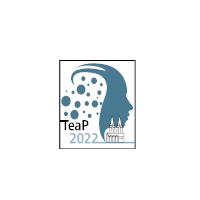Cumulative Science: From Transparency to Efficient Theory Development
A Pre‐Conference Workshop at the TeaP 2022 in Cologne
Sunday, March 20, 12am - 5.30pm
Instructors
Andreas Glöckner (University of Cologne)
Susann Fiedler (Vienna University of Economics and Business)
Description
The replication crisis in psychology and beyond has inspired many fruitful discussions of methodological aspects of the research process. As a result, (more) openness and transparency concerning empirical work have become widely accepted methodological standards. Inspired from these discussions, also more fundamental issues concerning theory specification and theory development have come in the focus of the debate. In this workshop, we will repeat basic issues of theory of science and summarize recent approaches to theory specification and debates. Implications for the cumulative development of knowledge and the own research are discussed and in various hands-on exercises, we will practice the evaluation of theories, and the full formal specification of theories. The workshop will consist of three sessions (3 x 90 min) and is open for doctoral students, postdocs, and more experienced scholars.
Andreas Glöckner holds the chair of social psychology at the University of Cologne. He is co-editor of the journal Judgment and Decision Making, and member of the task force for quality and transparency in research of the chapter for social psychology of the German Psychological Association (DGPs). Susann Fiedler holds the chair of business psychology at the Vienna University of Economics and Business. She is Associate Editor of the journal Science Advances, founding member of the German Reproducibility Network and member of the Ombudscommittee of the German Psychological Association (DGPs). Both have previously worked at the Max Planck Institute for Research on Collective Goods, Bonn.
Schedule
• 12:00 – 13:30 Basics theory of science
• 14:00 – 15:30 Evaluating theories & practical example theory specification
• 16:00 – 17:30 Current developments and differences between approaches
Number of participants
50
Language
English
